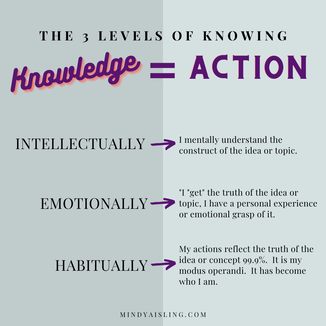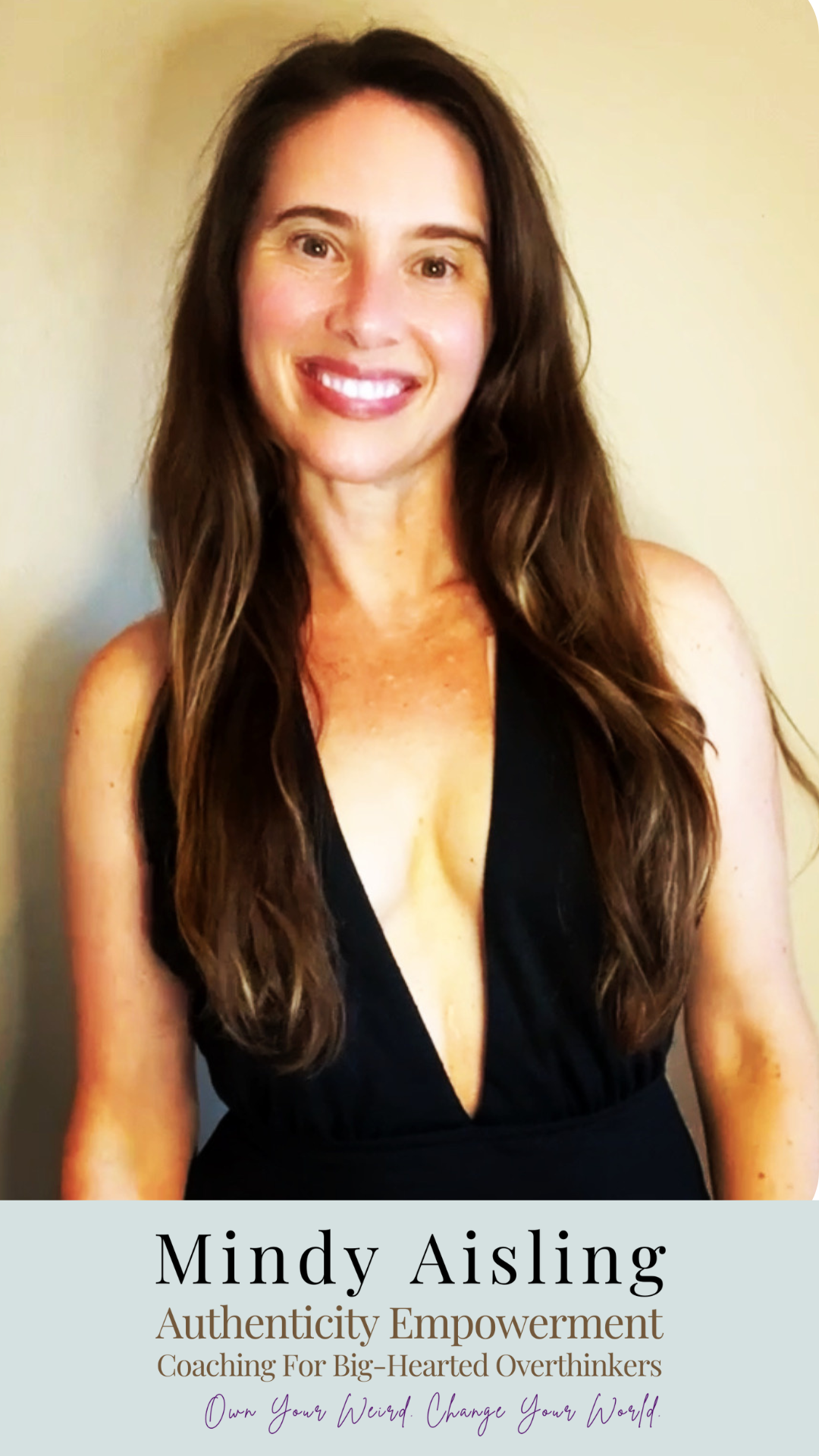 Potential is a word that carries immense weight and significance in our lives. It's a word filled with hope, promise, and endless possibilities. We often hear people say, "You have so much potential," and while those words can be uplifting, they also come with a subtle reminder: potential alone means nothing if you do nothing with it. Imagine potential as a seed. It holds within it the blueprint for something remarkable, something that can flourish and thrive. But a seed, no matter how promising, won't grow into a majestic tree or a beautiful flower if it's never planted, nurtured, and given the opportunity to take root. In the same way, our potential is like that seed—it's the starting point of something incredible, but it requires self-love, authenticity, effort, dedication, and action to transform it into reality. One of the biggest hurdles in unlocking our potential is our comfort zone. We all have one—a place where we feel safe, where things are familiar and easy. Stepping out of this comfort zone can be intimidating because it means facing uncertainty, taking risks, and working hard. But herein lies the paradox: growth and potential rarely reside within our comfort zones. When we choose to stay in our comfort zones, we may have all the potential in the world, but we'll never know what we're truly capable of. Our potential becomes stagnant, unrealized, and ultimately wasted. It's like having a treasure chest locked away in your heart but never bothering to open it. The Power of Action Action is the key that unlocks our potential. It's the bridge between our dreams and their fulfillment. To harness your potential, you must take deliberate steps towards your goals. Here's how:
Remember that potential is not limited to a specific age, gender, or circumstance. It resides within all of us, waiting to be discovered and nurtured. Your potential is unique to you, and it's a gift you can choose to embrace or squander. So, the next time someone tells you that you have potential, don't take it lightly. It's a reminder that you possess the power to achieve great things, but it's up to you to make it happen. Take that seed of potential and plant it, water it, and watch it grow into something extraordinary. Potential means nothing if you do nothing with it, but in your hands, it can mean everything. Schedule a free session and let's talk about YOUR potential.
0 Comments
Showing up 100% means bringing our true selves to every situation and interaction. However, it's important to acknowledge that authenticity is not a static concept. Our moods, experiences, and circumstances can vary from day to day, making the way we show up 100% uniquely different each day. Showing up 100% can manifest in various ways and it is essential to honor our ever-changing authenticity. ➡️ Honoring Emotional Authenticity: Emotions are an inherent part of the human experience, and they fluctuate constantly. Showing up 100% means acknowledging and accepting our emotions without judgment. Some days, it might mean showing up with enthusiasm, radiating positivity, and spreading joy. Other days, it could involve embracing vulnerability and expressing sadness or frustration. Authenticity lies in allowing ourselves to feel and express our emotions genuinely, regardless of societal expectations. ➡️Adapting to Circumstances: Life is unpredictable, and our circumstances can vary greatly from day to day. Showing up 100% requires adaptability and flexibility. It means recognizing that our energy levels, external pressures, and personal responsibilities fluctuate, influencing the way we engage with the world. Sometimes, showing up 100% means offering support and guidance to others when they need it, while other times, it might involve prioritizing self-care and setting boundaries to protect our well-being. ➡️Embracing Personal Growth: Authenticity is not stagnant; it evolves as we grow and learn. Showing up 100% means embracing our journey of personal growth and allowing ourselves to change. Each day presents an opportunity for self-reflection and introspection. We may discover new passions, challenge long-held beliefs, or reassess our goals. Showing up authentically involves being open to these changes, even if they lead us down unfamiliar paths. ➡️ Practicing Self-Compassion: Self-compassion is integral to showing up 100% every day. It means acknowledging that we are human and that we have limitations. Some days, we might feel overwhelmed, exhausted, or lacking motivation. Showing up 100% does not mean pushing ourselves beyond our limits but rather accepting and nurturing ourselves with kindness and understanding. It means granting ourselves permission to rest, recharge, and seek support when needed. ➡️ Embracing Imperfection: Perfection is an illusion that hinders authenticity. Showing up 100% means embracing our imperfections and embracing the messiness of life. It involves accepting that some days may be more challenging than others, and that's okay. Authenticity is not about flawlessness, but rather about being genuine and true to ourselves in each moment. Showing up 100% is a powerful practice that allows us to embrace our authenticity and live in alignment with our true selves. It is a dynamic and ever-changing process that honors our emotions, adapts to circumstances, embraces personal growth, practices self-compassion, and embraces imperfection. By acknowledging and accepting that showing up 100% looks different every day, we grant ourselves the freedom to live authentically, without the pressure of conforming to rigid expectations.
Acquiring KnowledgeAcquiring knowledge is a multifaceted process that extends beyond intellectual understanding. It involves engaging with information at intellectual, emotional, and habitual levels, each offering a distinct dimension of comprehension and integration. Without recognition of the levels of knowing, we can block ourselves from further personal growth and development, accurate self assessment, and deeper connections. 3 Ways To Know: In the Mind (Intellectually)Intellectual knowledge refers to the cognitive understanding of facts, theories, concepts, or information. It involves grasping ideas, theories, and principles through reasoning, analysis, and logical thinking. Intellectual knowledge is acquired through education, reading, research, and studying, and is often rooted in objective facts and evidence. Example: I know that eating fast food is unhealthy and will cause me to gain weight. Action/Result: I continue you eat fast food because this knowledge is just an intellectual understanding, and I don't really "know" it yet. 3 Ways To Know: In the Heart (Emotionally)Emotional knowledge encompasses the experiential and empathetic understanding of information. It involves connecting with knowledge on a deeply emotional level, allowing us to grasp its impact and significance. Emotional knowledge is gained through personal experiences, empathy, and emotional intelligence. It involves recognizing and appreciating the emotional nuances and implications of the knowledge, enabling us to relate to others' experiences and perspectives. Example: I have a personal experience with health or weight issues. Action/Result: I struggle to stop myself from eating fast food because even though I "get" that is is bad for me, I still in the process of aligning my actions with this truth. 3 Ways To Know: In the Body (Habitually)Habitual knowledge refers to the practical application and embodiment of knowledge through repeated action and behavior. It involves integrating knowledge into our daily lives, routines, and habits. Habitual knowledge is developed through practice, repetition, and consistent application. It transforms knowledge from a theoretical concept into a practical skill or ingrained behavior. By embodying knowledge habitually, we can effectively translate intellectual understanding into meaningful action. Example: I have created habits and routines to support my health and weight. Action/Result: I don't eat fast food because I have a deep understanding of how bad it is for my health. Because I honor the love I have for myself, my body, and my life, I am no longer even tempted to eat things that aren't good for me.
Intellectual, emotional, and habitual knowledge work together synergistically to provide a more profound and transformative understanding of the world. By actively engaging with knowledge in all its dimensions, we embark on a journey of growth, empathy, and positive change.
Becoming a good leader is more nuanced that most of us assume. Sure, we all accept that leaders DO great deeds, but the part that we don't discuss (or praise) as much in our culture is the required BEING and presence that a leader must have to be successful. Strong leaders know who they are, and they know how to access the courage required to take bold action. These leaders then hold that space for others, challenging them to step into the most authentic, bold version of themselves. When a team has each individual living big and playing full out in life and business - that is when we witness extraordinary results.
Just take a quick moment and think about someone you love to be around. Now think about someone who you personally know who inspires you. Finally, think about someone that you have great respect for. Now take a moment and consider, how do these individuals make you feel about yourself? Most people report that when they reflect on the people in their lives who they hold in high regard, their inner experience is that:
Now pause, and reflect on the areas of your life where you show up as a leader. This could be as a parent, and employee, a team captain. Ask yourself: How do you make people feel about themselves? Hint- this is partially what you say and do, but it is more about what you don't say.. it's what you think and the energy you transmit. When you think about those you are leading, be it your family, employees, or team, are you thinking negative thoughts? I often hear leaders talk in frustration about how those they lead are frustrating, stupid, incapable, lazy, or childish. When was the last time that you were inspired to work hard for someone who thought you were stupid or lazy? Yeah, that's what I thought. Here are four things you can do to become a better leader: 1. Assume everyone is doing their very best You can choose what you believe and what you assume. Program yourself to assume that everyone is always doing there very best, and if you are not seeing their very best it's because something is getting in the way. With this assumption, you can help someone discover what is getting in the way, and brainstorm solutions on how to remove it. The people you are leading want to do their very best. Everyone does because all humans feel good when living to their highest potential and producing their best work. No one got up this morning and said, "I hope today I can do a really shitty job that makes everyone disappointed in me." Of course not! They want to do their best, and you want them to do their best. So, if their best work isn't getting done, help them discover the obstacles in the way of their best work. This is true service, and as we all know, the best leaders are servants first. 2. Find what they are doing well, and celebrate the heck out of it. Praise begets more praiseworthy behavior. Praise is the humans like water is to flowers. Have you ever seen a wilting, drooping flower stand up tall just hours after watering? Humans work in a similar way. If you have people on your team who are apathetic and low-energy, I bet they are not getting enough praise and celebration in their lives. As a leader, one of your jobs is to help individuals celebrate all the things that they are doing right. You are a human, so I don't have to tell you that humans are great at self beat-up, self-criticism and the allowing the monkey mind to re-hash the negative at 3am. We are not as good at finding, acknowledging and celebrating the good about ourselves. As a leader, be conscious of watering your employees with praise. However, please note, this praise MUST be authentic for you to stay in integrity with yourself, and for you to be taken seriously. Taking the time to find true appreciation in your heart for those you are leading is a prerequisite to delivering praise. 3. Discover their uniqueness, and help them live authentically. It's not just a cliche, each person has unique gifts, strengths, and a way of being. Living your gifts and strengths by honoring your unique way of being is called authenticity. When we live authentically is when we will really shine. This is where the magic happens. Think about those who you are leading, can you easily describe each of their individual authentic expressions? If not, this is an area where you can transform you team. When you discover (and help your team discover) what makes each one of them unique and special, you will be able to use those gifts to produce incredible results. To read more on how authenticity impacts success, check out this article in Forbes. 4. Hold them as able When you hold someone as able, you set a high bar for them, you don't take excuses, you have firm boundaries and accountability and you don't hover or over-manage. When you hold someone as able, you recognize the capacity in that individual to achieve the goals and tasks you've agreed on. Holding your team as able builds a culture of engagement, trust, and creativity. Holding someone as able is a gift and a service. It is you recognizing their greatness and holding the space for them to fulfill that greatness. |
AuthorMindy Amita AislingAuthenticity EmpowermentLife Coaching for Big-Hearted Overthinkers & Entreprenerds🐲Own Your Weird
🌎 Change Your World ⬇️ DIY Courses 👩🏻💻1:1 RemoteCoaching Fully Accredited ICF Certified Mindy Amita Aisling, is a professionally trained and board-certified leadership, authenticity, and entrepreneur coach.
Mindy exceeds all requirements set forth by the International Coaching Federation (ICF) for Master Coach certification. Mindy is also a licensed mediator, communications coach, and conflict resolution practicer. As a mediator, she has worked both in private practice and as a court appointment mediator at her local county courthouse. Through her innovative approach, she assists clients in examining their limiting beliefs, questioning their assumptions about how the world works, and releasing the notion that they are anything less than perfect. As a result, individuals who work with Mindy cultivate the ability to stand firm in their beliefs, live authentically and decisively, and discover an experience of life that is easy and graceful. In 2021, Mindy founded How to Be Human and Entreprenerd. These programs have enabled her to share her wisdom and knowledge with a broader audience in service of her vision of helping others live authentic lives This, in turn, has empowered more individuals to lead their most TRUE and COURAGEOUS lives. When she is not working, Mindy can be found playing outdoors in the beautiful Pacific Northwest, creating art, spending time with friends & family, or with her nose deep in a book. You can sign up for her newsletter here. Archives
June 2024
Categories
All
ICF Certified Life CoachAffordable Online Life Coaching |




 RSS Feed
RSS Feed
